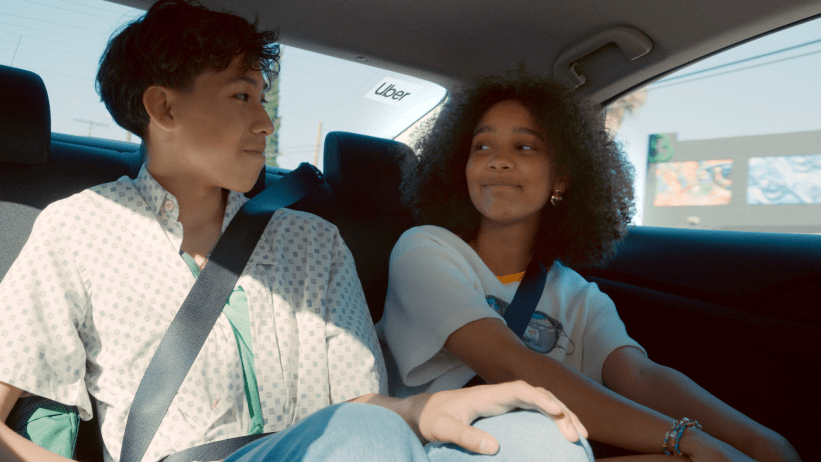The idea of do-it-yourself braces may seem cringeworthy to many adults, but a quick search of YouTube shows that plenty of young people still think straightening their own teeth is a fantastic idea.
They couldn’t be more wrong, says Kerry White Brown, an orthodontist and author of “A Lifetime of Sensational Smiles: Transforming Lives Through Orthodontics.”
“That sort of thing can cause permanent damage to your teeth,” White Brown says. “There’s a lot that goes into straightening teeth, and even most dentists don’t have the additional training involved.”
The do-it-yourself trend isn’t new, but it continues to grow, despite the frantic warnings coming from the orthodontic and dentistry worlds.
Just this month, the British Dental Association cautioned that poorly applied braces can cause a child’s teeth to fall out, and urged YouTube to remove do-it-yourself tutorials posted on the video site.
When the American Association of Orthodontists surveyed its members last year, 13 percent reported seeing an uptick in the number of patients who had tried do-it-yourself teeth straightening, in some cases causing irreparable damage to their teeth.
The methods and materials commonly used include rubber bands, dental floss, fishing line, paper clips, biting on pencils, creating fake retainers, and pushing teeth with fingers, the association reports.
White Brown says that a lot more goes into correctly straightening teeth than people realize. An orthodontist, for example, focuses on such issues as whether the teeth and the jaws are properly aligned, and whether there are any muscular issues or skeletal problems preventing the healthy function of the teeth and the jaws.
Do-it-yourselfers aren’t taking any of that into account.
White Brown offers a few additional observations on the do-it-yourself movement:
Why the do-it-yourself trend gained traction
Social media sites, including YouTube, make sharing these tutorials much easier than would have been the case years ago. Some people may also be trying to avoid the cost of braces.
But there’s an additional reason why some young people might be desperate to fix crooked teeth and try such extreme means, White Brown says.
“Children can be cruel to each other about appearance, and being the target of mockery or bullying leaves a real mark on a child’s psyche,” she says. “The pressure only gets worse as they get older.”
Even most dentists leave teeth straightening to the specialists
While all orthodontists are dentists, just six percent of dentists are orthodontists.
“Dentists can identify any potential problems with the growth and development of a child’s teeth during a routine office visit,” White Brown says. “But they usually refer patients to an orthodontist for braces, Invisalign, or other more advanced orthodontic work.”
“If you’re the parent of a child with misaligned teeth, you may see that your child is suffering the pangs that a less-than-sensational smile can cause,” White Brown says. “If cost is the issue, there are many creative ways to finance a child’s orthodontics. But those children need to understand they can make things worse, not better, if they try to take matters into their own hands. ”
Direct-to-consumer kits also can be problematic
Some companies allow people to order an at-home kit that they will use to do their own molds and submit their case for review. Based on that mold, they are sent invisible aligners that guide their teeth into alignment.
That’s better than following a do-it-yourself tutorial by a teenager, but White Brown still thinks the transformation should be monitored by a licensed professional to make sure, along with straight teeth, the result is also a bite that is correct and functional.
Dr. Kerry White Brown (www.white























